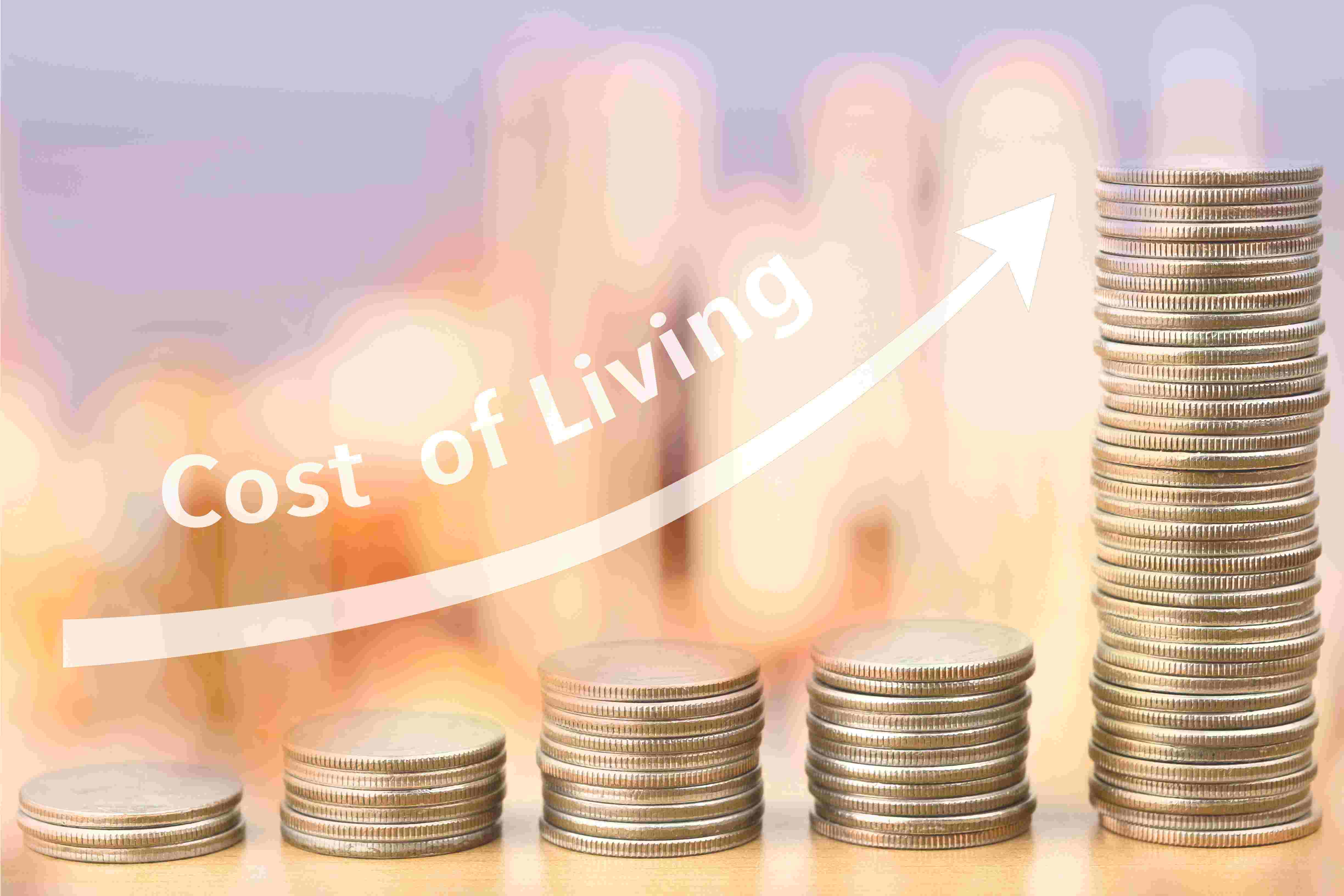Kenya's inflation down to 2.7 per cent as food prices drop

The prices of 50kwh and 200kwh of electricity increased by 0.3 per cent and 0.2 per cent, respectively.
A reduction in prices of some food commodities and other non-food essentials in October pushed down further the level of inflation to 2.7 per cent. This is from the previous month's record of 3.56 per cent.
The October record is more than a decade low, as an almost similar level was last witnessed sometimes early 2007.
More To Read
- Kindiki welcomes CBK lending rate cut, says economy on recovery path
- Food prices expected to decline despite inflation rise, CBK survey reveals
- Over one billion Africans unable to afford healthy diet, UN report warns
- Kenyan gamers brace for higher costs as Sony raises PS5 prices
- CBK cuts lending rate to 9.5 per cent in seventh straight easing move
- Rising prices, protests shrank private sector economy in July - report
According to the monthly figures by the Kenya National Bureau of Statistics (KNBS), prices of sugar, sifted maize flour and fortified maize flour decreased by 2.3, 1.8 and 1.7 per cent, respectively between September 2024 and October 2024.
Conversely, prices of mangoes, carrots and oranges rose by 9.9, 5.7 and 5.1 per cent, respectively, during the same period.
Generally, the food and non-alcoholic beverages index increased by 0.5 per cent between September 2024 and October 2024.
The housing, water, electricity, gas, and other fuels index dropped by 0.3 percent, attributable to decreases in the prices of kerosene and liquefied petroleum gas (LPG) by 4.3 per cent and 0.4 per cent, respectively.
However, during the same period, the prices of 50kwh and 200kwh of electricity increased by 0.3 per cent and 0.2 per cent, respectively.
Nevertheless, KNBS notes that the transport index declined by 0.3 per cent between September 2024 and October 2024, mainly due to a decrease in prices of petrol and diesel by 4.3 per cent and 2.0 per cent, respectively.
Top Stories Today














































